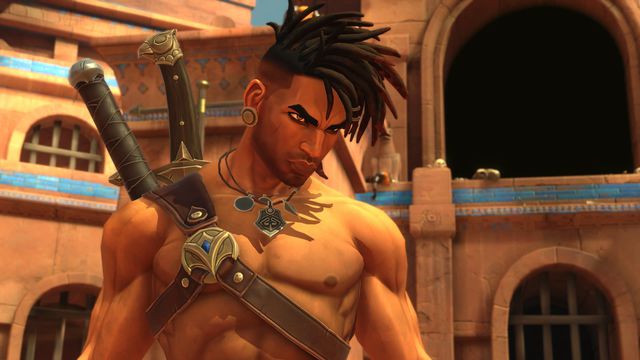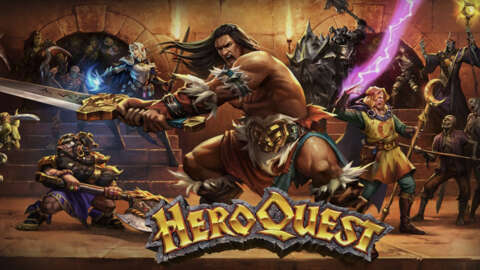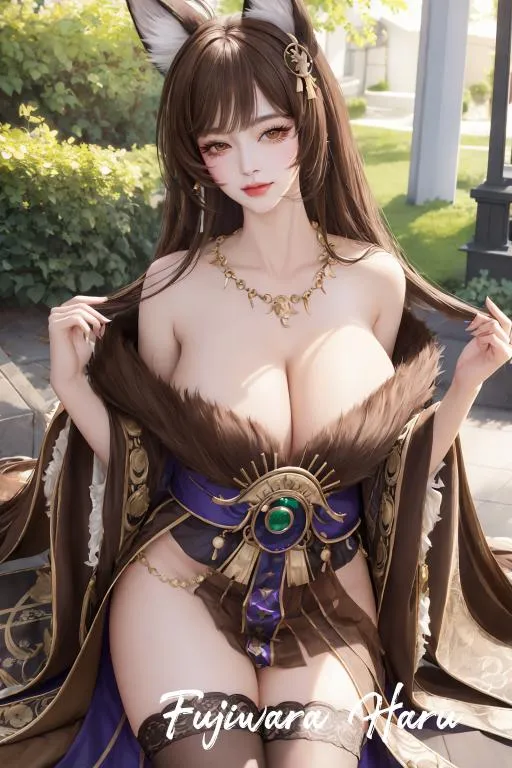This story contains spoilers for Monarch and the Toho Godzilla franchise.
To many, Godzilla films have become the stuff of hilarious memes and terrifyingly popular creepypastas, which can make it easy to forget that the original 1954 Japanese cinematic masterpiece was actually a somber reckoning with the cost of nuclear war and the horrors of the atomic bomb. While the fantastic creature work by Teizō Toshimitsu and Akira Watanabe — along with the actors inside the suits, Haruo Nakajima and Katsumi Tezuka — crafted one of the most legendary on-screen monsters of all time and launched a decades-long franchise. It was the human story at its heart, with a thoughtful thematic resonance that made it transcend the other monster movies of the era. In 2023, both of the new Godzilla projects, Monarch: Legacy of Monsters and Godzilla Minus One, have returned to that human heart, giving us two of the best entries to the franchise in years.
Both Monarch and Godzilla Minus One return to the origins of Godzilla, both figuratively and literally. Each project takes us back to the earliest days of the monster and its creation while adding context and color to both the past and the present of the legendary creature. It's interesting that both an American prestige TV show from the Legendary MonsterVerse and a Toho feature film both veered so closely back to the oft-forgotten soul of Godzilla in the same year. One of the biggest critiques of the American Godzilla films is that they are simple monster mashups and the human characters do nothing but distract from the action. In contrast, the contemporary Japanese Godzilla features have focused more on humans in the wake of Godzilla's destruction, but even the critically lauded Shin Godzilla didn't come close to the global success of Minus One, which has captured North American audiences' attention and dollars to record-breaking effect, cementing a renaissance for the King of the Monsters.
Throughout Godzilla's cinematic history in the original Toho franchise, human stories have been key. Monarch represents the first time that an American adaptation has managed to capture the vitality of those relationships. In Japan it's a tradition as old as the monster itself, who in the 1954 classic wrought havoc on star-crossed lovers Hideto Ogata (Akira Takarada) and Emiko Yamane (Momoko Kochi), setting the stage for the importance of the human drama under the shadow of the monster. In the Heisei era entry Godzilla vs. Biollante, a scientist's grief and love for his daughter are key to the creation of the famous monster's new foe. Even in more maligned entries — and I write this as someone with a Minilla tattoo — like Son of Godzilla, the relationship between kaiju and human becomes even more important with Minilla telepathically communicating with a young child who has been kidnapped and dreams of the creature. All of that is to say that the importance of humanity in the face of Godzilla is a key tenant of the lore that both Minus One and Monarch excel at bringing to the screen in entirely different ways.
In Episode 6 of Monarch, there's a moment so human, so beautiful, and so brief that the audience might almost think they've imagined it. As Keiko and Bill reel from Lee's shocking arrival in Japan, Godzilla reveals itself from the depths of the water, proving that it wasn't killed by the US government's earlier attack. While Lee is horrified at the realization, Keiko looks up as Godzilla swims away and, for a moment, a smile of pure joy and relief flickers across her face. Though Keiko has made her position clear on the fact she thinks Monarch is being too aggressive, we learn so much about her character in this brief, quiet moment. It's a fantastic example of what the new Monarch series excels at: this is a human eye view of monsters. This isn't Godzilla looking down on us, it's us looking up at him. In Keiko, we get a new view of how humans feel about monsters. This isn't the screaming fear of the masses, it's the curiosity and respect for nature that comes from an inquisitive, scientific mind and empathetic heart.
Godzilla Minus One takes a similar approach. But rather than the lens of wonder, it explores the human cost of war through the eyes of those who've survived both conflict and monsters. Continuing the storied tradition of science fiction and genre storytelling, Minus One uses the horror of Godzilla's attacks to explore trauma and PTSD, as well as exploring the impact of war and the nature of sacrifice. Kōichi Shikishima (Kamiki Ryunosuke) has never forgiven himself for falsifying a fault on his plane to avoid his fate as a kamikaze pilot. But it was that very choice which put him in both the path of Godzilla and, later, an unexpected partner in survival and healing in Noriko Ōishi (Minami Hamabe). While there are stunning moments of action and a terrifying Godzilla, much of our time is spent with Shikishima as he tries to find his way in the world. To him, Godzilla represents a failure of courage, a figure of revenge, and a potential redemption.
Monarch is so aware of its focus on humanity that even its subtitle "Legacy of Monsters" holds a double meaning as the more we learn about Monarch and its origins the more they seem like the highly-militarized organization might be the true monsters of the Legendary franchise and the series. That also represents one of the smartest ways that the series challenges the films that came before. Godzilla (2014) recontextualized the monster in a post-9/11 framework that, like pretty much every franchise film in the 2010s, featured a heavily militarized squad of "heroes" who shot their way to victory. In that case it was Monarch, and many viewers wondered why the films centered around a group whose sole aim seemed to be killing the titular monster. Monarch builds a rich and at times heartbreaking history for the organization, from its beginnings as an idealistic science project started by friends Lee, Keiko, and Bill to its role as a secret black ops group that has predominantly dedicated itself to the destruction of Titans. It's a fantastic approach to expanding the world and lore in a meaningful way that's in conversation with its audience while also looking at the franchise as it exists nearly 10 years after Godzilla (2014) debuted.
The focus on the human characters in these projects is so pronounced that if you actually count up the amount of time we spend with the monsters, the lack of it will surprise you. Yet Godzilla Minus One is the most successful live-action Japanese film in North American history, and Monarch has been a critical smash with viewers all over the globe falling for Godzilla once again. That is, of course, down to the skill of the craftspeople who created these stories: Minus One director Takashi Yamazaki and Monarch's creative minds of Chris Black, Matt Fraction, and Matt Shakman. Their restraint in choosing to only use Godzilla for impact — the exclamation mark to the human drama at the center of these stories — is admirable and effective. Neither Minus One or Monarch lacks monster action. It's just that the humans are equally if not more important driving the story just as much as the monsters that threaten their existence. Our viewing experience and the future of Godzilla is all the better for it.
Rosie Knight is a contributing freelancer for IGN covering everything from anime to comic books to kaiju to kids movies to horror flicks. She has over half a decade of experience in entertainment journalism with bylines at Nerdist, Den of Geek, Polygon, and more.





